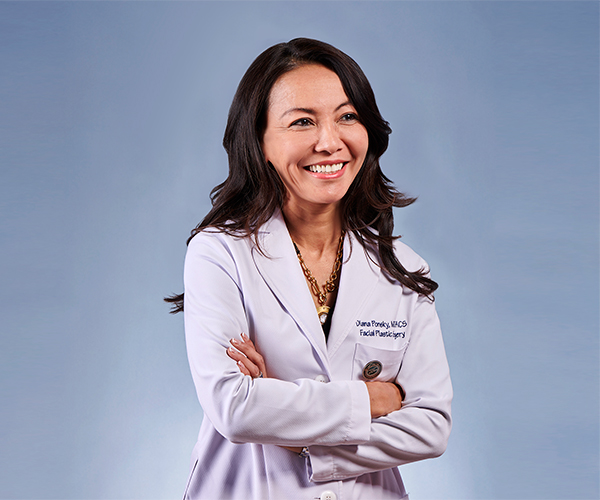An international phase III clinical trial led by Cleveland Clinic Taussig Cancer Institute staff oncologist Dr. Brian Rini is working to determine whether a vaccine created by a German biotech firm can prolong the lives of advanced kidney-cancer patients already taking Sutent, the standard therapy drug.
Sutent prolongs life about 2 1/2 years when taken alone, but Rini's trial is working to determine whether the introduction of the vaccine will add a year to those survival figures.
"When you have the flu, when you get a splinter, your body is designed to generate an immune response," he says. "The same thing happens against cancer. But in most patients, the magnitude or duration of that immune response won't be sufficient to kill tumor cells."
Rini explains that the vaccine, which has nine proteins produced by kidney cancer cells, is injected 11 times over four months and is meant to boost recipients' natural immune response to the cancer. Initial trial results are due in the next year or two. If those results are overwhelmingly positive, the FDA could approve the vaccine a year later.
Blood Work
Leukemia and other blood-disease patients may one day benefit from a international phase III trial of an improved double-unit umbilical cord-blood transplant. A treatment option for patients who can't find a bone marrow donor, this new trial designed by Dr. Marcos de Lima, the head of stem-cell transplantation at University Hospitals Seidman Cancer Center, uses a unit of uncultured cord blood and one of cord blood cultured to increase the stem cells. The cultured cells graft quickly, then die off, allowing those in the uncultured unit to graft slowly and continue making blood cells. The treatment cut the time for donor cells to take after transplant from a median 24 days to 15. "We hope that this will make them require less transfusions, less antibiotics, less time in the hospital," de Lima says.
Colon Care
The dreaded colon-cancer screening could become a lot less intimidating if Dr. Greg Cooper's stool DNA analysis method proves accurate. Cooper, co-program leader for cancer prevention and control at University Hospitals Seidman Cancer Center, launched a five-year clinical trial on a test that detects the disease by isolating cells shed by the intestinal lining in the stool, then examining their DNA for mutations. It takes about two weeks to get results, which involves collecting a sample at home and mailing it to a lab. While a colonoscopy is still the best option, stool DNA analysis could provide a noninvasive alternative for the 40 percent of Americans who avoid screenings. "We would still be seeing cases," he says. "But the rates would be significantly diminished if everybody got screened."



